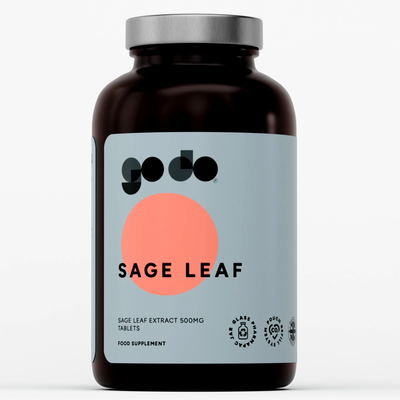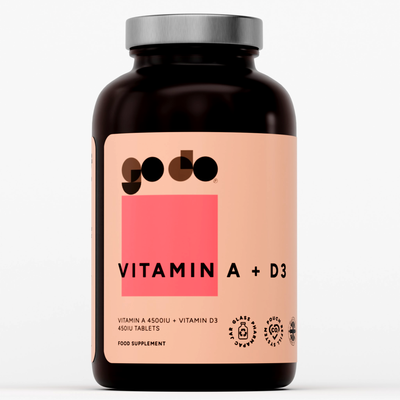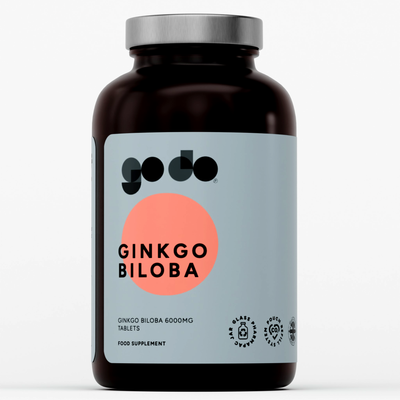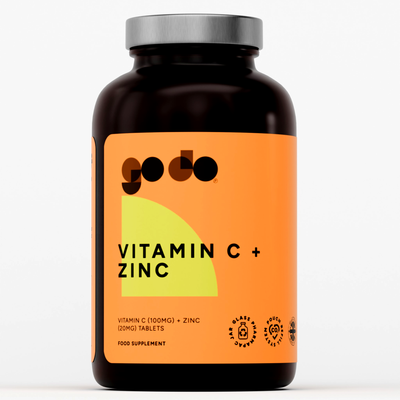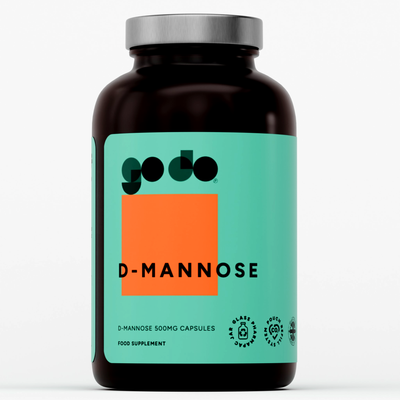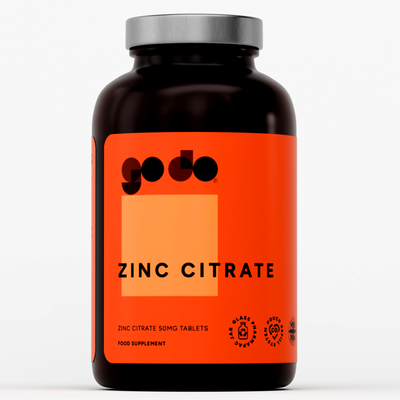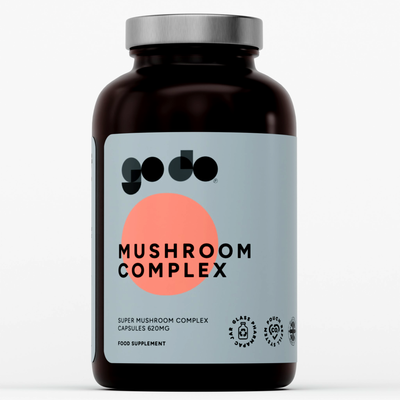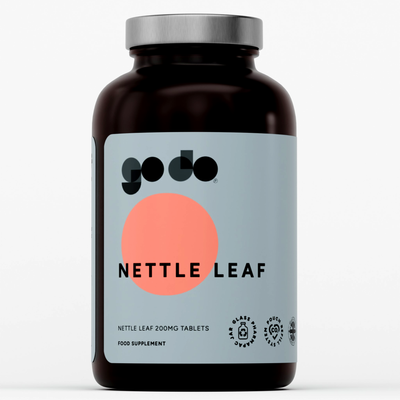
Whether you are new to working out or have been pumping iron and doing cardio for ages, you likely know (or have heard) that protein is the key to your success. This may conjure up some questions in your mind as to whether you should be taking protein supplements. The best way to answer this question is to educate you so you can make an intelligent, informed decision for yourself. That starts with first understanding why protein is so important.
Protein’s Importance
Out of the three macronutrients (protein, carbs, and fat), protein is the one that is most necessary for building bigger, stronger muscles. Not only that, but it also helps your muscles repair themselves after grueling workouts, which is why there is such a focus on it by people in the exercise community.
Protein has other functions as well as it contributes to healthy bones, hair, skin, and nails. It is also important to the creation of various hormones and enzymes. Yes, protein serves many purposes in your body, which is why you need it in order to look and feel your best. And one of the best ways to ensure that you get enough is via protein supplementation. Why?
Why Take Protein Supplements?
Perhaps WebMD puts it best when they say that “unlike fat and carbohydrates, the body does not store protein, and therefore has no reservoir to draw on when it needs a new supply.” Thus, in order to get an adequate amount of protein, you need to be constantly taking it in, making supplementation one of the best ways to achieve that goal.
Although the average person only needs roughly 0.8 grams of protein per kilogram of body weight each day, people who work out tend to need more. In fact, the health experts at the International Society of Sport Nutrition recommend that active individuals get around double that amount, requiring somewhere between 1.4 and 2 grams per day (retrieved from Bodybuilding.com).
Pros and Cons of Protein Supplementation
Some pros of protein supplementation include faster and easier muscle gain, fewer hunger pangs since protein is filling (thus greater weight loss), and better blood sugar control. A couple of cons include that they add more calories to your diet, it is easy to purchase ones that aren’t as healthy as they may seem (some have way too much sugar), and too much protein can sometimes be hard on your kidneys.
Just as with any other supplement, you want to get your doctor’s approval before taking it just to make sure it is right for you. So, let’s say you do that, and that you feel that protein supplements will help you meet your health and fitness goals. Now the question becomes what type of protein supplement you should get. Let’s go into which ones you have available to you.
Types of Protein Supplements
Admittedly, this is the area of protein supplementation that gets confusing for a lot of people. After all, isn’t a protein just a protein? In short, no. Just as there are different types of carbs (some that are “good” for you and some that aren’t so helpful to your health), there are also different types of proteins and, specifically, different types of protein supplements.
Here are some of the most common:
- Whey protein. Whey protein gets its name from the fact that it comes from whey, a watery cheese-making byproduct. It is what is called a complete protein since it has all nine essential amino acids and has been found to have positive effects such as better sports performance and increased immunity, especially if it is micro-filtered. It also has the potential of lowering your blood pressure.
- Egg protein. Egg protein comes from egg whites and is released into your system at a slower rate than whey, but it is close to it in regard to bioavailability, which is essentially how easily it becomes available for your body to use for its benefit. A lot of bodybuilders like egg protein because it has been found to prevent overtraining symptoms.
- Soya protein. Soya protein is made from soybean meal and another option to consider, one that some research has linked to lower risk of various cancers, such as prostate and breast, as well as reduced risk of osteoporosis. It also has been found to lower cholesterol levels and its phyto-estrogens can even help women who are going through menopause. One thing to keep in mind with soy is that some people are sensitive to it so, if this is you, then you may want to choose another option.
- Hemp protein. A plant-based protein, hemp protein is derived from the hemp plant and is a complete protein, like whey. It also contains an essential fatty acid (specifically, Omega-3 which has been linked to reduced risk of heart disease and stroke) so it packs a little extra nutritional punch as well.
- Weight gainer proteins. These protein supplements contain a fairly high amount of carbs (mainly maltodextrin and fructose) in addition to protein for the sole purpose of helping you gain weight. Although these used to be highly sought-after 20 years ago, they aren’t as popular now since most people are trying to lose weight versus gaining it, except for serious body builders looking to gain muscle.
In the end, the type of protein supplement you choose depends on what your goals are and which one works best for your body. But what if you have a special diet? Specifically, what if you are vegan?
Are Protein Supplements Suitable For Vegans?
Protein supplements can be very beneficial for vegans as their diets tend to be too low in this one particular nutrient. To get the most from your protein supplements as a vegan, you’ll likely want to mix them up and have a few different ones available so that you get a variety of vitamins, minerals, and the other supplements that they contain. Two of the best to consider include soya and hemp as they are plant-based, unlike whey and egg.
There you have it—everything you need to know about protein supplementation. What do you say? Is it for you?
